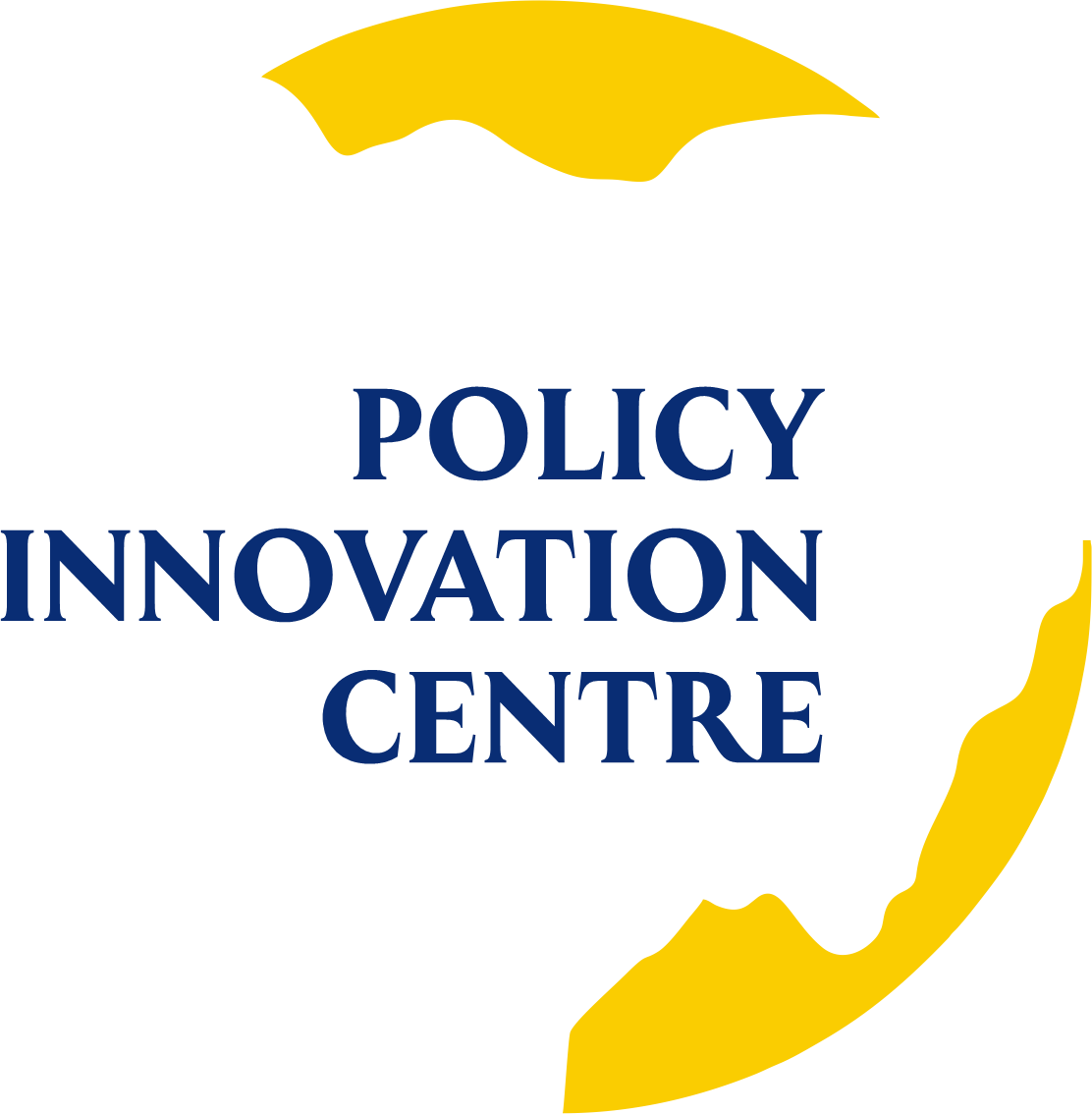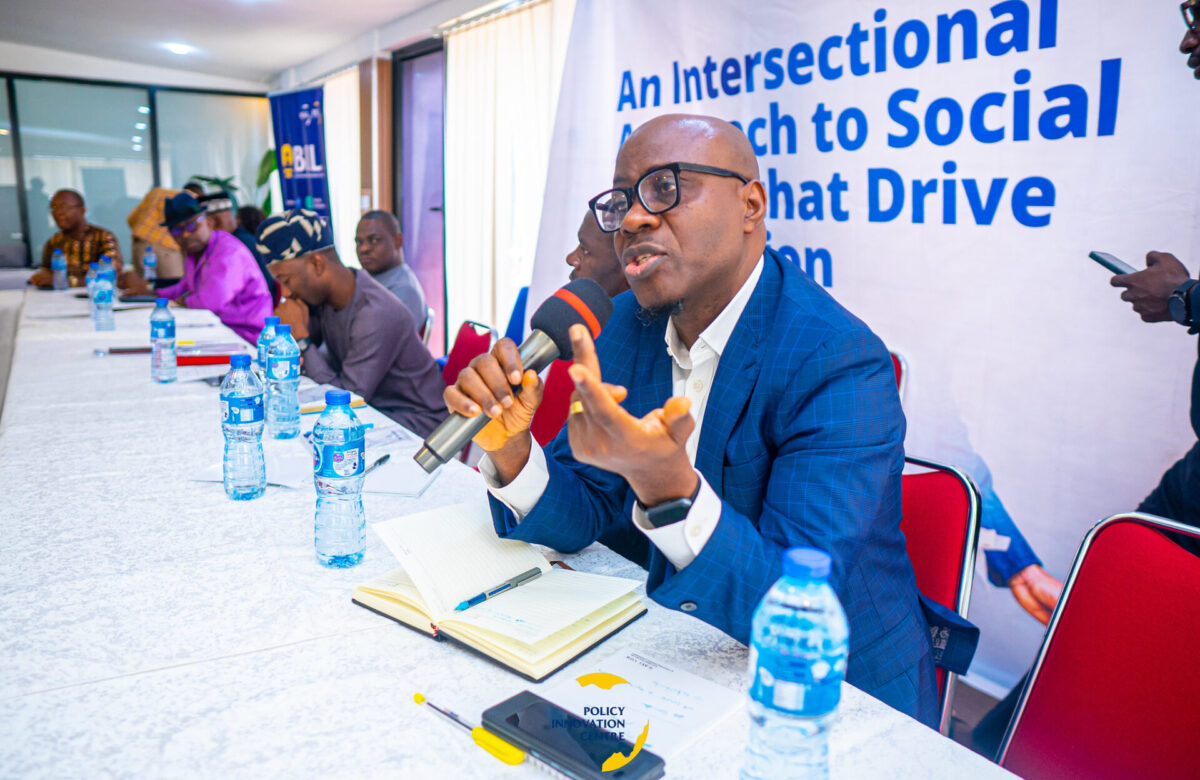The Intersectionality of Social Norms that Drive Corruption in the Health Sector of Nigeria
At the PIC, our social norms-related projects ensure that policies are both evidence-based and contextually relevant. One such initiative is the Social Norms Intersectionality Project, which explored how identity-based norms—specifically gender and faith norms—intersect with broader social norms that drive corrupt practices in Nigeria’s health sector.
Through rigorous research, the project examined how behaviours are shaped by normative and empirical expectations, reference groups, and social sanctions (rewards and punishments). These insights informed culturally appropriate and effective policy recommendations, highlighting how norm-change programming can integrate intersectionality for greater impact.
Beyond research, our work in social norms extends to intervention design, monitoring, and cross-sectoral engagement. Findings from social norms research also contribute to policy monitoring and evaluation, refining programs and scaling successful initiatives.
At the PIC, social norms provide the why—deep insights into human behaviour—while the Policy Unit delivers the how—practical pathways for policy implementation and systemic change.



